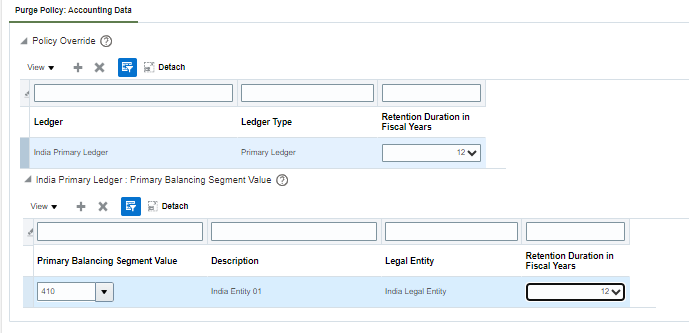Exciting New Features in Oracle Cloud Financials – 25A 🚀
Oracle continues to enhance Cloud Financials with new capabilities that drive automation, efficiency, and real-time insights. The latest update introduces powerful features designed to streamline financial operations and improve decision-making. Let’s take a look at some key highlights!
🔹 1. AI-Powered Invoice Processing
Oracle has introduced enhanced AI and Machine Learning capabilities to automate invoice processing. The system can now:
✅ Auto-capture invoice details from attachments.
✅ Suggest account coding based on past transactions.
✅ Reduce manual intervention, leading to faster approvals.
🔹 2. Advanced Reconciliation Dashboard
Finance teams can now enjoy a comprehensive reconciliation dashboard with:
✅ Real-time tracking of unmatched transactions.
✅ Automated variance analysis for quicker resolution.
✅ Integration with cash management for improved accuracy.
🔹 3. Enhanced Budgetary Controls & Forecasting
This update brings:
✅ Predictive forecasting using historical financial data.
✅ Real-time budget tracking with alerts for spending deviations.
✅ Integration with Oracle EPM for unified financial planning.
🔹 4. Self-Service Reporting & Analytics
Finance users can now create custom reports without IT involvement! Features include:
✅ Drag-and-drop report builder with OTBI enhancements.
✅ Improved BI Publisher templates for automated financial statements.
✅ New visualization tools for real-time business insights.
🔹 5. Automated Tax Compliance & Global Reporting
To support compliance, Oracle has added:
✅ AI-driven tax validation and compliance checks.
✅ Real-time GST/VAT calculations for global entities.
✅ Enhanced country-specific regulatory reporting templates.














